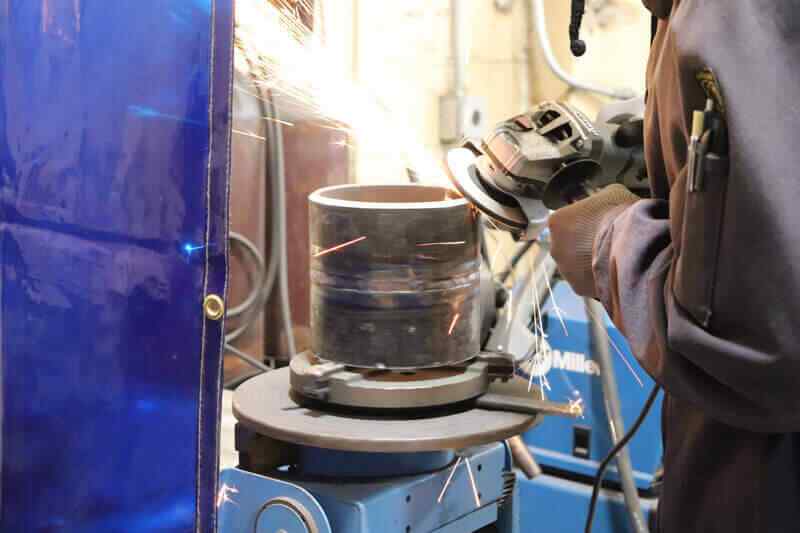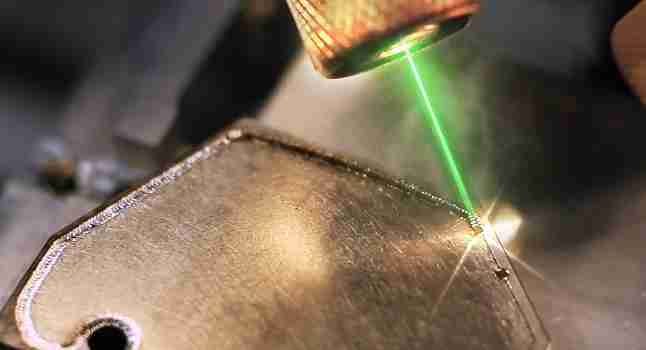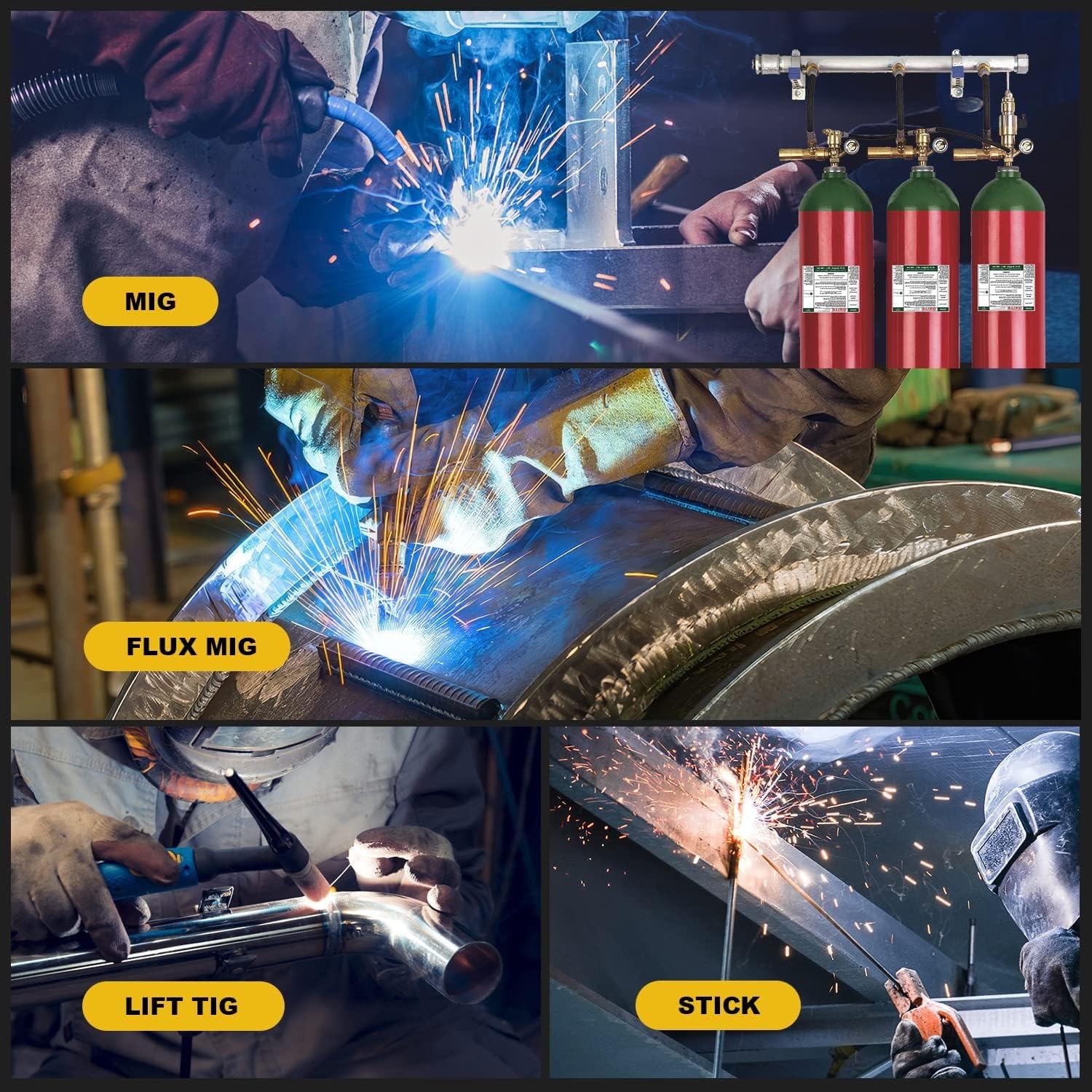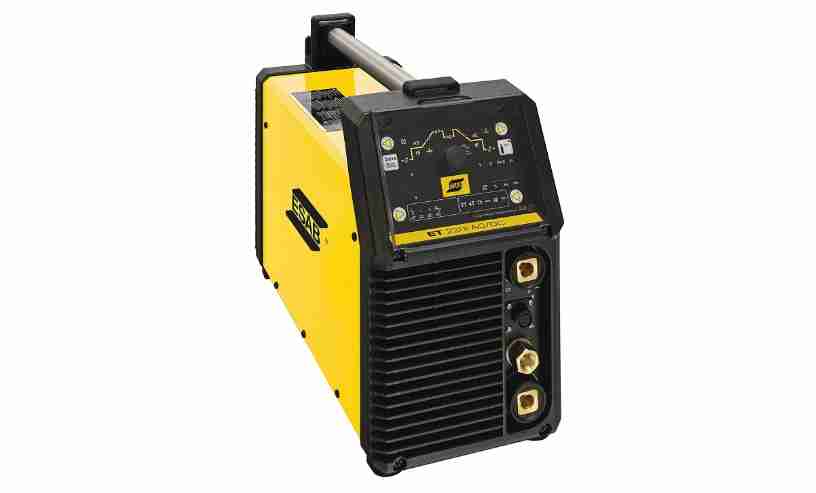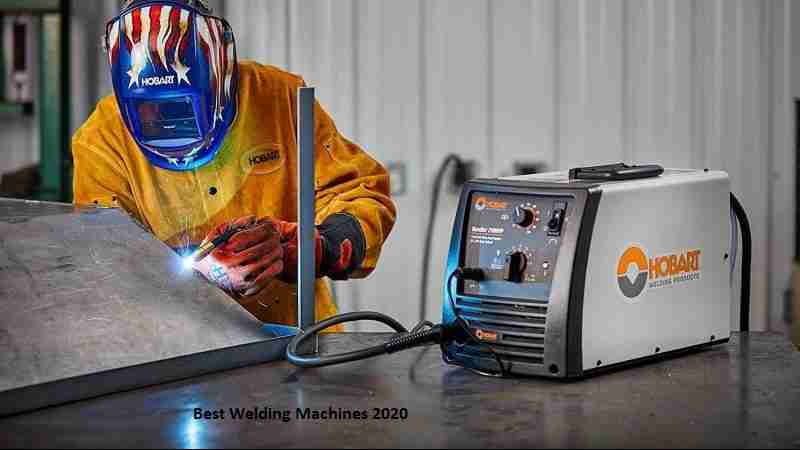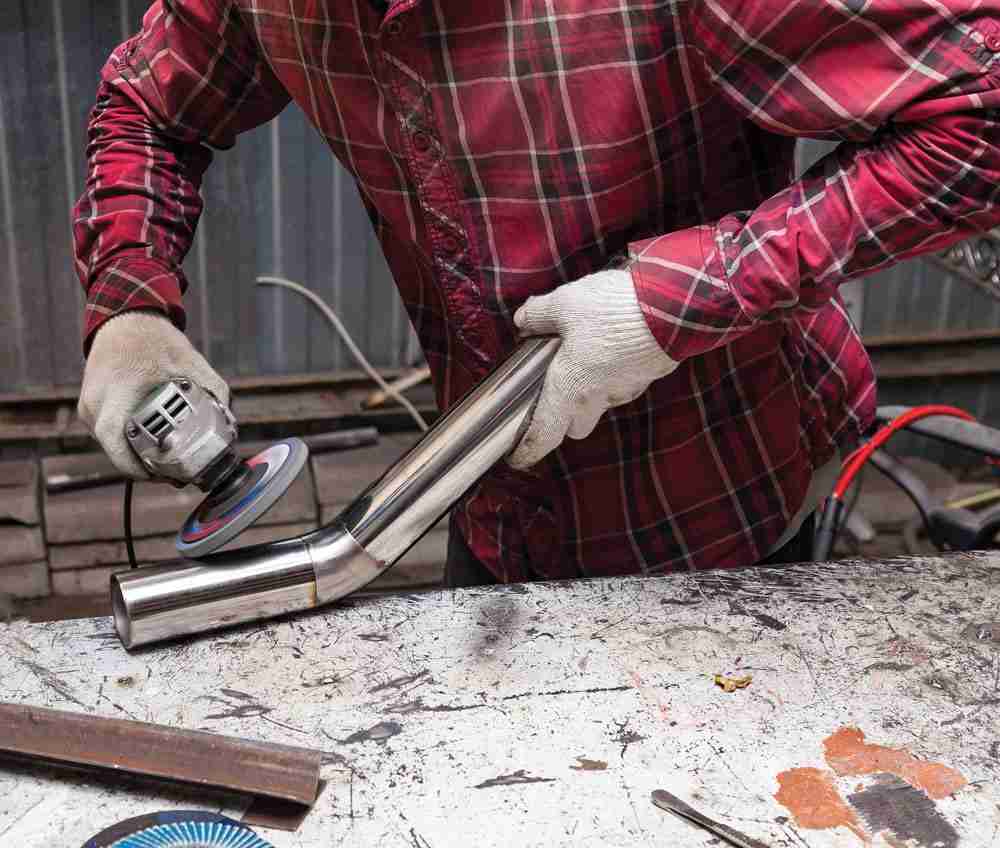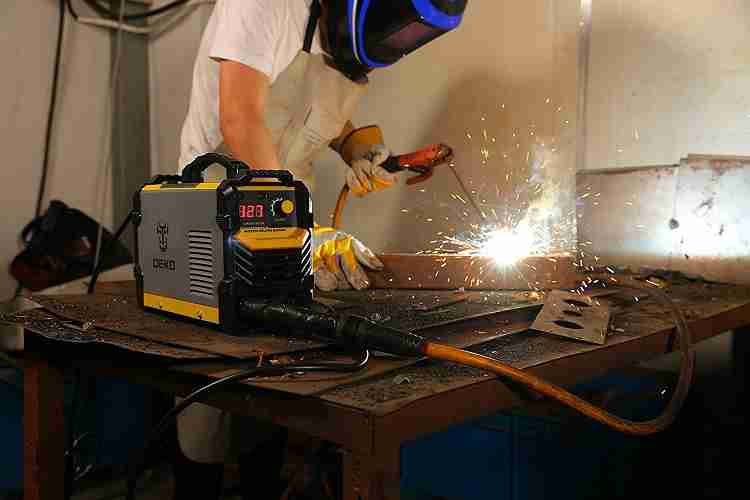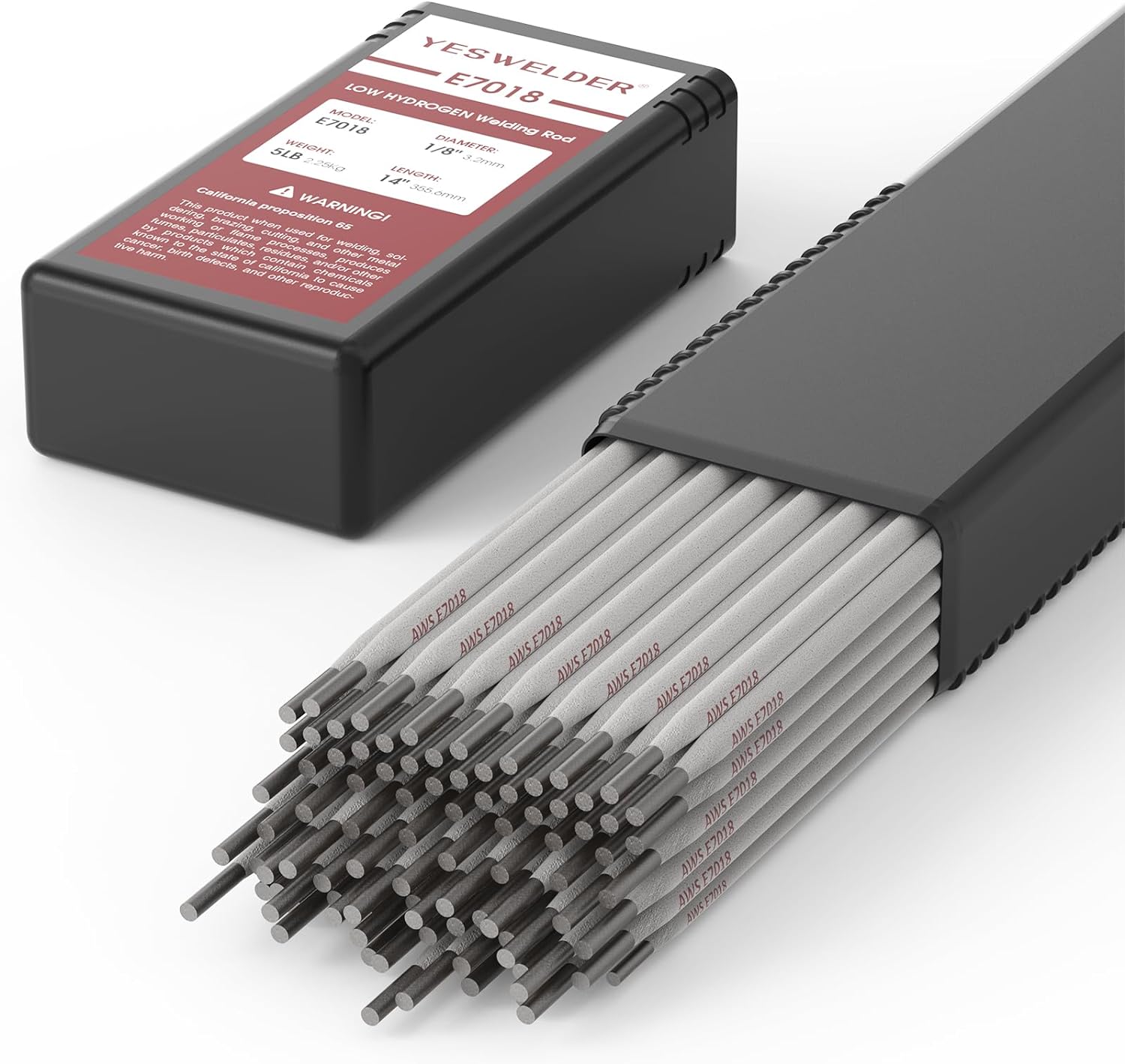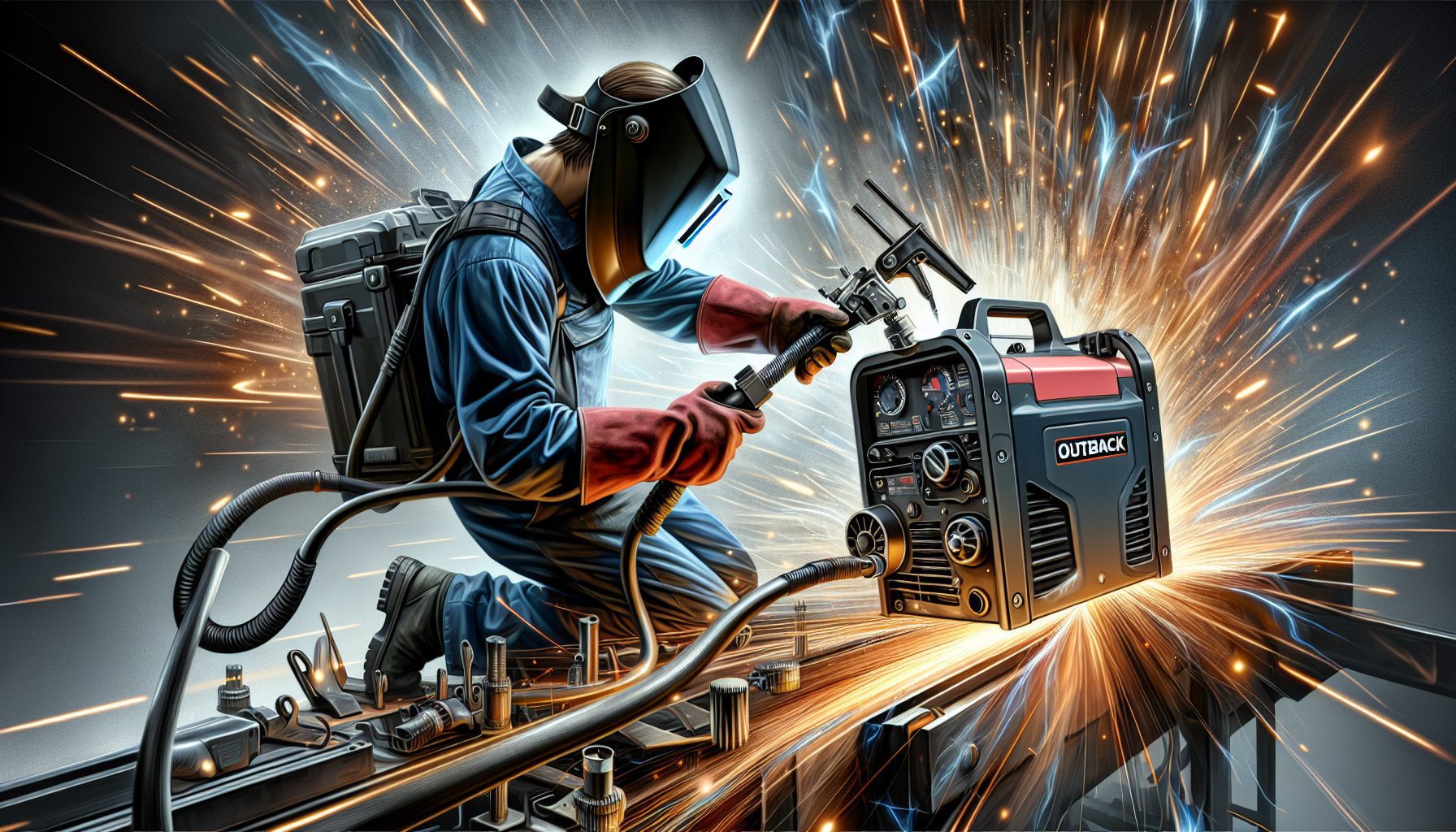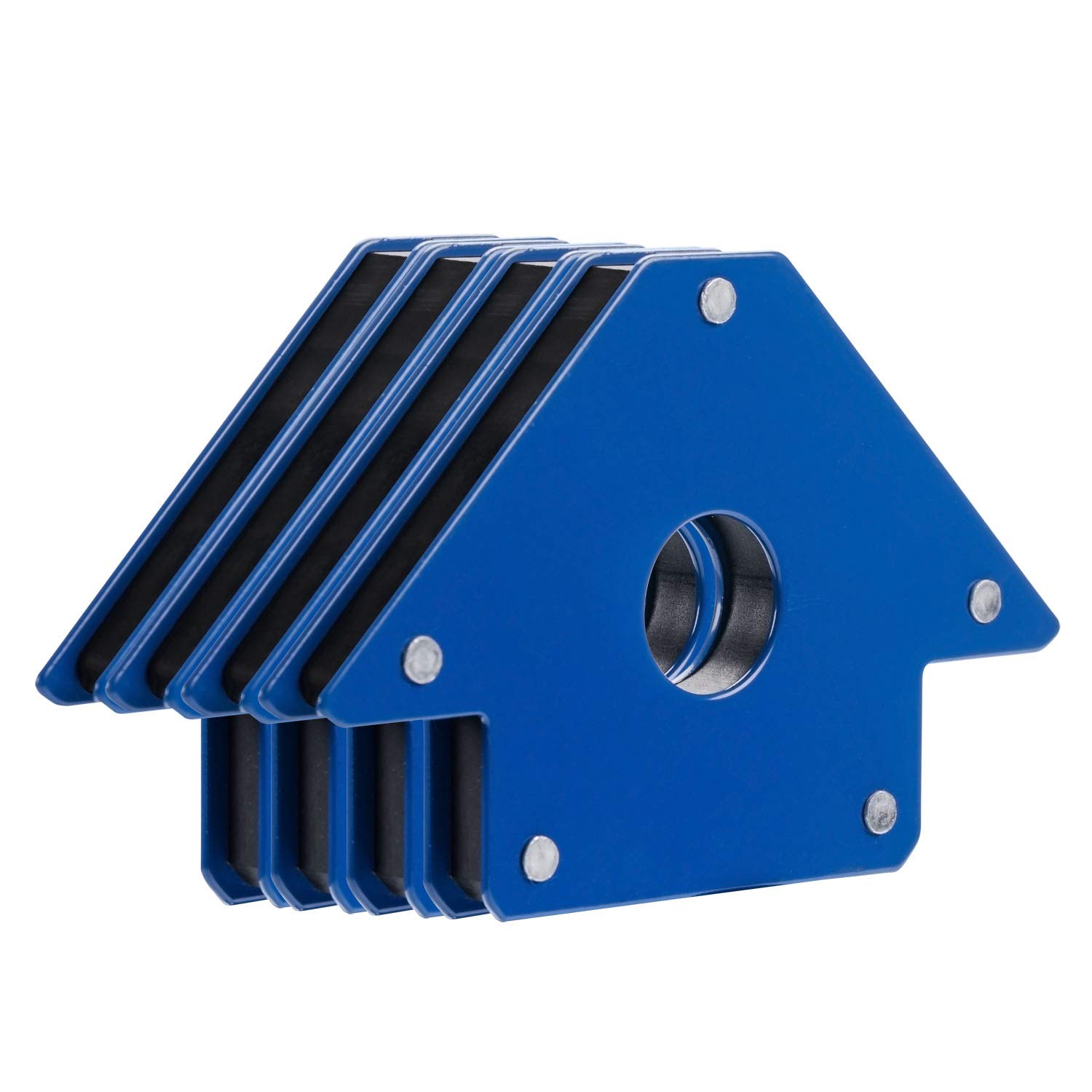So, you’ve been considering a career as a welder, but you’re wondering if it’s possible to make a six-figure salary in this field.
The good news is that earning $100,000 or more as a welder is possible, but it’s essential to understand the factors that can contribute to such high earnings.
This article will explore the various paths, industries, and skills that can lead you to a lucrative welding career and help you discover if making $100,000 as a welder is within your reach.
Job Outlook for Welders
Overview of the Welding Industry
The welding industry is crucial in various sectors, providing essential construction, manufacturing, maintenance, and repair services.
According to the Bureau of Labor Statistics, the job outlook for welders is favorable, with a projected growth rate of 3% from 2020 to 2030. This growth is slightly slower than the average for all occupations but still offers ample opportunities for skilled welders.
Job opportunities for welders
Welders can work in various industries, including manufacturing, construction, automotive, aerospace, and even underwater welding. With the versatility of their skills, welders are in demand for projects involving structural fabrication, pipefitting, equipment repair, and more. In addition to traditional full-time positions, part-time and contract work is also available, allowing for greater flexibility.
Salary range for welders
When it comes to welding salaries, several factors come into play. According to the Bureau of Labor Statistics, the median annual wage for welders, cutters, solderers, and brazers was $45,190 in May 2020.
However, it’s important to note that salaries can vary significantly based on experience, education, industry, location, and type of welding specialization. Keep reading to explore the factors that influence welding salaries in more detail.
Factors That Influence Welding Salaries
Experience and skill level
As with any profession, experience plays a significant role in determining a welder’s salary. Entry-level welders may start with lower wages but can quickly increase their earning potential with years of experience and the acquisition of new skills. Welders with expertise in specialized welding techniques and a strong track record of delivering high-quality work often command higher salaries.
Education and certifications
While formal education is not always a requirement to become a welder, obtaining certifications can significantly impact earning potential. Welders with certifications from reputable organizations such as the American Welding Society (AWS) gain a competitive edge in the job market. These certifications validate a welder’s knowledge and skills in specific welding processes, materials, and safety standards, making them more desirable to employers.
Location and industry
Welding salaries can vary depending on geographical location and the industry in which the welder works. Areas with a high demand for welders or a higher cost of living often offer higher wages.
Similarly, aerospace, nuclear, and automotive manufacturing industries have higher-paying opportunities than other sectors. However, it’s essential to consider the cost of living in each location when evaluating salary offers.
Type of welding specialization
Specific welding specializations are known to offer higher earning potential due to their complexity and unique skill requirements.
For instance, underwater welding, which involves welding in aquatic environments, offers lucrative opportunities due to its high level of risk and specialized training. Other high-earning specializations include aerospace, nuclear, pipeline, and automotive manufacturing welding.
Union affiliation
Unionized welders often receive better compensation packages and benefits compared to non-unionized welders. Unions advocate for fair wages, improved working conditions, and benefits such as healthcare and retirement plans.
Joining a relevant welding union can provide additional support and resources to help negotiate for higher salaries and ensure job security.
Welding Specializations with High Earning Potential
Underwater welding
Underwater welding requires unique skills and expertise, making it one of the highest-paying welding specializations. Welders in this field often work in extreme conditions, such as deep-sea environments, and face significant risks. Due to the specialized training and qualifications required, underwater welders can earn substantially higher wages than other welders.
Aerospace welding
Aerospace welding involves the fabrication and maintenance of aircraft and spacecraft components. This industry’s stringent quality and safety standards make aerospace welding a highly sought-after specialization. The demand for skilled aerospace welders is high, and their expertise in working with advanced materials and precision welding techniques allows them to command competitive salaries.
Nuclear welding
Nuclear welding plays a critical role in constructing and maintaining nuclear power plants. Nuclear welders require specialized training and qualifications, given the strict safety regulations and the need for precision welds in these facilities. The complexity and potential risks involved in nuclear welding contribute to the higher compensation offered in this specialization.
Pipeline welding
Pipeline welding involves the construction and maintenance of oil and gas pipelines. The demand for pipeline welders remains steady due to ongoing infrastructure projects in the energy sector. These welders must possess extensive knowledge of welding techniques specific to pipeline construction and comply with safety regulations. The physically demanding nature of this specialization often translates into higher wages.
Automotive manufacturing welding
With the automotive industry constantly evolving, skilled welders play a crucial role in manufacturing vehicles.
Automotive manufacturing welding requires expertise in various welding processes and materials and the ability to meet strict quality standards. As technology advances and new materials are introduced, the demand for welders in automotive manufacturing remains strong, offering competitive salaries.
Educational Paths and Training
Certification programs
While not always required, obtaining certifications can enhance a welder’s job prospects and earning potential.
Several organizations, such as the American Welding Society (AWS) and the American Society of Mechanical Engineers (ASME), offer certification programs that validate a welder’s skills and knowledge in specific welding techniques. These programs typically involve both written exams and practical assessments to ensure proficiency.
Associate’s degree in welding technology
An associate’s degree in welding technology provides a comprehensive education in welding theory, techniques, and safety practices.
This degree program typically includes hands-on training in welding labs, allowing students to gain practical experience. Graduates with an associate’s degree often have an advantage in the job market and can pursue higher-paying positions than those without a degree.
Bachelor’s degree in welding engineering
A bachelor’s degree in welding engineering is a viable option for those seeking more advanced opportunities or a career in welding research and development.
This degree program focuses on the engineering principles behind welding processes and materials.
Graduates with a bachelor’s degree in welding engineering can pursue positions as welding engineers, researchers, or instructors, offering the potential for higher salaries.
Apprenticeships and On-the-Job Training
Benefits of apprenticeships
Apprenticeships offer valuable opportunities for aspiring welders to gain practical experience and learn from experienced professionals.
Through hands-on training, apprentices can develop the skills necessary for a successful welding career. Apprenticeships also provide a chance to network with industry contacts, often leading to job offers upon completion.
Requirements for apprenticeships
Individuals typically need a high school diploma or equivalent to qualify for apprenticeship programs. Some programs may require basic math and science courses as prerequisites. Additionally, apprenticeships often have age restrictions, typically 18 to 21 years old.
Duration of apprenticeships
The duration of apprenticeships can vary depending on the program and specialization, but they generally last from one to five years. During this time, apprentices work under the supervision of experienced welders, progressively acquiring skills and knowledge. As they gain more experience, apprentices can expect their wages to increase accordingly.
Salary during apprenticeships
Apprentices typically earn a reduced wage compared to fully qualified welders. The specific wage rates vary based on geographical location, industry, and program details. However, it’s important to note that even during apprenticeships, welders are compensated for their work, allowing them to support themselves while gaining valuable experience.
Tips for Increasing Your Welding Income
Continuing education and certifications
Investing in ongoing education and obtaining additional certifications can open doors to higher-paying opportunities. Staying updated on the latest welding techniques, equipment advancements, and safety standards can be valuable.
Improving your skills through workshops, seminars, and online courses demonstrates a commitment to professional development, making you more marketable to employers.
Becoming proficient in high-demand welding methods
Specific welding techniques are in higher demand than others, increasing earning potential. Examples of high-demand welding methods include TIG (Tungsten Inert Gas) welding, MIG (Metal Inert Gas) welding, and automated welding processes. Becoming proficient in these techniques can make you a sought-after welder, commanding higher wages due to your specialized skills.
Building a solid professional network
Networking within the welding industry can open doors to opportunities that may not be advertised publicly. Attend industry events, join professional organizations, and connect with other welders, instructors, and employers.
Building relationships and connecting to the welding community can provide valuable insights, job leads, and potential referrals to higher-paying positions.
Seeking employment in high-paying industries and locations
Researching industries and locations known for higher welding wages can help you make informed decisions about where to seek employment. Industries such as aerospace, oil and gas, and nuclear power generation often offer competitive compensation packages.
Additionally, certain regions with a high demand for welders or a higher cost of living may offer higher wages.
Negotiating for higher salaries
Negotiating effectively is essential when accepting a job offer or discussing salary increases. Research the average wages for your level of experience and specialization, considering factors such as location and industry.
Highlight your skills, certifications, and relevant experience during salary negotiations to demonstrate your value to potential employers.
Challenges and Limitations
Physical demands of welding
Welding is a physically demanding occupation that requires strength, stamina, and the ability to work in various positions for extended periods.
The work environment can sometimes be uncomfortable, with exposure to heat, fumes, and hazardous materials. Welders must prioritize their health and safety by using appropriate protective equipment and practicing proper ergonomics.
Potential health risks
While safety measures and equipment are designed to minimize risks, welders still face potential health hazards. Exposure to welding fumes and radiation can lead to respiratory problems, eye injuries, and long-term health issues.
Following safety guidelines, wearing appropriate protective gear, and working in well-ventilated areas are crucial for mitigating these risks.
Market fluctuations
The welding industry is subject to market fluctuations, affecting job availability and wages.
Economic downturns, changes in industry demand, and technological advancements can influence the number of welding opportunities and salary levels. Staying informed about industry trends and diversifying your skills can help mitigate the impact of these fluctuations.
Competition from other welders
While welding offers job opportunities, competition from other skilled welders can be fierce, especially in highly desirable industries and locations. It’s essential to differentiate yourself by acquiring specialized skills, certifications, and experience.
Building a solid reputation for delivering high-quality work and developing a professional network can also give you an advantage over competing welders.
Success Stories and Real-Life Examples
Case studies of welders earning 100k+
Numerous welders have achieved six-figure incomes through experience, specialization, and strategic career choices. Their success stories inspire aspiring welders who aim to increase their earning potential.
These welders have proven that a welding career can be financially rewarding by continually honing their skills, staying updated on industry trends, and seeking high-paying opportunities.
Testimonials from successful welders
Welders who have reached significant career milestones often share their stories to motivate and inspire others. These testimonials highlight the personal and professional growth that welding can offer.
From starting as entry-level welders to becoming supervisors, business owners, or leading experts in their field, these individuals demonstrate the potential for long-term success through dedication and hard work.
Alternative Career Paths for Welders
Welding Inspector
Welding inspectors play a vital role in ensuring the quality and safety of welded structures. Inspectors are responsible for examining welds, verifying compliance with codes and standards, and identifying defects or issues.
Transitioning into a career as a welding inspector can offer a different perspective on welding while providing opportunities for career advancement and potentially higher incomes.
Welding instructor
Experienced welders with a passion for teaching can pursue a career as a welding instructor. Teaching others the art and science of welding can be rewarding and financially fulfilling.
Welding instructors often work in vocational schools, community colleges, or technical training centers, guiding aspiring welders through their educational journey and sharing invaluable industry knowledge.
Sales representative for welding equipment
Transitioning into a sales role can be a viable alternative for welders with solid communication and interpersonal skills.
By leveraging their technical expertise and industry knowledge, welders can excel as sales representatives for welding equipment manufacturers or suppliers. This career path offers opportunities for networking, building relationships with customers, and earning commissions based on sales performance.
Welding equipment repair technician
Welding equipment repair technicians maintain and repair welding machines, tools, and accessories.
With their extensive knowledge of welding equipment and techniques, welders can transfer their skills to a career in equipment repair. This field offers steady employment and the potential for self-employment, providing flexibility and opportunities for increased income.
Conclusion
The job outlook for welders remains positive, with various opportunities available in various industries. While the salary range for welders can vary based on factors such as experience, education, location, and specialization, there are paths to increase earning potential.
Investing in education, acquiring certifications, specializing in high-demand areas, and taking advantage of networking opportunities can maximize your chances of earning a lucrative income in the welding industry.
It’s important to remember the challenges and limitations of the profession, such as the physical demands and potential health risks. Still, you can pursue a successful and rewarding welding career with dedication, hard work, and a strategic approach.






